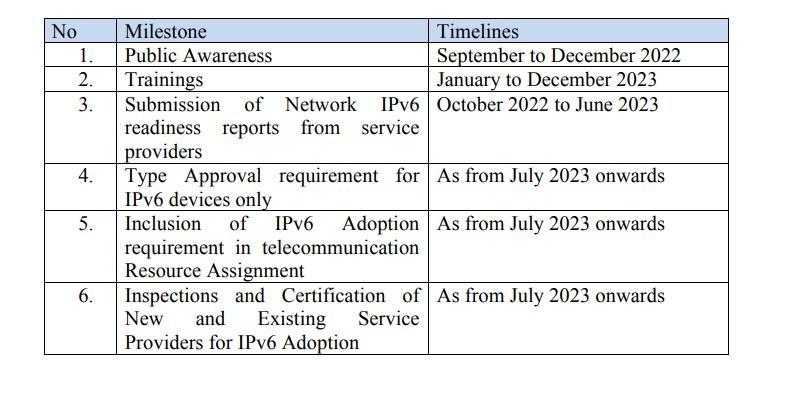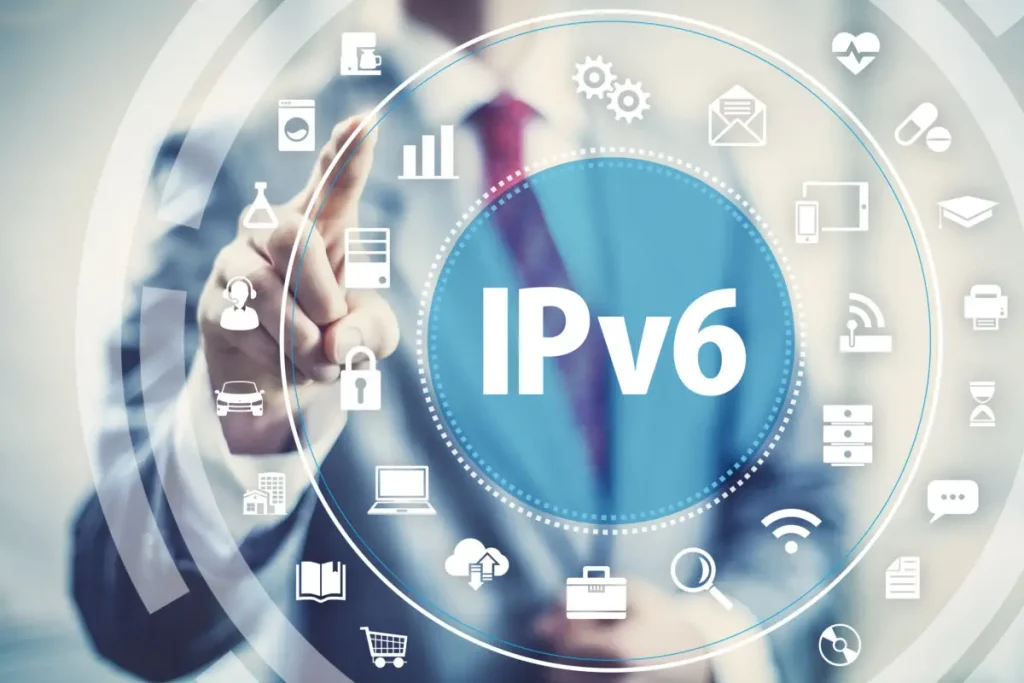The tension between innovation and optimisation to modernise as rapidly as possible is a challenge for most African countries.
To succeed on both fronts, leaders are realising that they must undergo significant transformation across the IT sectors – from re-evaluating on and off-premise infrastructure investments to upping the commitment to IT-as-a-Service delivery. In most cases, this is new territory and many are looking for guidance to navigate it as effectively as possible.
Africa cannot afford to be complacent about digital transformation and the consensus among delegates that attended the recently hosted EU Africa Business Summit is that the issue is now imperative if the continent is to overcome many of its perennial development and growth challenges.
- The Communications Authority of Kenya (CA) has urged market compliance with guidelines it has released to support the country’s complete migration from IPv4 to IPv6 in the next twelve months – or risk losing access to the internet and other tech complications.
- The CA has warned that failure to migrate will result in “serious technological challenges” including, complicated deployment of complex networks that require address translations, and an increase in “cyber security incidents.”
- The CA said its intention is by July 2023 only IPv6-compatible devices can be used.
This is according to George Asamani, Africa Business Development leader from Project Management Institute (PMI), who participated in a panel discussion at the Summit.
The discussion focused on digital transformation, the youth and female entrepreneurship.
Asamani said, “There is now a massive realisation that digital transformation is a key driver of development and growth. In short, there is today a much more acute awareness that digital transformation offers Africa huge potential to overcome, even leapfrog, many of its perennial development and growth challenges.”
This begins with bringing down the cost and effort involved in running the older automation software packages so that IT can shift its resources toward other transformational aspects of the business.
Kenya’s government, via the Communications Authority of Kenya (CA), has urged the tech industry at large to begin the migration from Internet Protocol version four (IPv4) to Internet Protocol version six (IPv6) in order to safeguard progress in internet development in the country.
The regulator said if the complete adoption of IPv6 is delayed, it will mean that millions of users will be left without internet access and the cost of doing business for ISPs will rise, and this will be passed along to customers.
To ensure full migration, the Communications Authority of Kenya identified the following milestones, success measures, and timelines for their accomplishments.

The CA stated that Africa is lagging in the change from IPv4 to IPv6.
“Based on Google’s statistics, the IPv6 adoption rate for Kenya is currently at under 8 per cent, Uganda at 0.3 per cent, Tanzania (0.11 per cent), Rwanda at 6.34 per cent, Burundi and South Sudan at 0 per cent.”
Director of Internet Development for the Internet Society, Kevin Chege, said, “As internet availability increases, so does the need to uniquely identify each of the devices like laptops, phones and IoT devices coming online on the continent – something which IPv6 guarantees with extended numbering capacity. IPv6 will help ensure that the next billion users and devices from Africa will have end-to-end access to the internet.”
He also makes the point that the latest hardware being released is now compatible with IPv6 and IT leaders can separate them from outdated infrastructure.
“In addition to understanding what IPv6 addresses look like, how to plan a migration to IPv6 and how to assign IPv6 addresses, having knowledge of the Domain Name System (DNS) is also important,”
“This is because DNS makes it easier for people to remember the names of devices, not the IPv6 address assigned to a device. Unlike IPv4, which only uses 0-9 and is simpler to recall off memory, IPv6 includes the characters “a-f” in addition to the numbers due to the longer address space,” he explained.
“IPv6 is the only resource that will enable us to grow and expand the internet first to those who already have it to continue enjoying the service, and also to those who don’t have it to be able to be connected,” said Michuki Mwangi, a technologist at the Internet Society.
IPv4 was the first version of IP to be used, and despite having been officially released in 1983, it is still the most widely used version to identify devices on a given network.
According to the CA report, with the imminent exhaustion of IPv4 address space, the length of IP addresses was increased from 32 bits to 128 bits, creating almost 340 undecillion addresses. The two address sets are not compatible, implying data sent using IPv4 address cannot be delivered to a recipient using IPv6 addresses.
The IPv6 was developed and standardized, as the next-generation Internet Protocol in 1996, with initial assignments for use in 1999, had the main goal of massively increasing the number of IP addresses available. Over the past year, major content providers and access networks have started offering IPv6 services to ordinary Internet users.
The regulator listed the benefits of migrating to IPv6 which are:
- Sufficient IP addresses, IPv6 will create a sufficient IP address pool for use by persons, as well as machines, facilitating the Internet of Things networks.
- Efficient Routing, due to reduced size of routing tables, elimination of the need for address translators in the network, and elimination of the need to perform error checking at various stages of data routes.
- Transparency in the Network due to the fact that each node in the network has a distinct address, which also makes troubleshooting easier
- Enhanced Security, by the fact that IPv6 supports end-to-end IP Security protocol mode
- Efficient use of network bandwidth, due to the use of multicast as opposed to broadcast, when sending data to multiple destinations.
Africa is alive with digital possibilities and platforms, many of them homegrown. Transforming how people interact, transact, grow wealth and make an impact. Accelerating digital transformation with IPv6 migration will unlock this huge potential.











